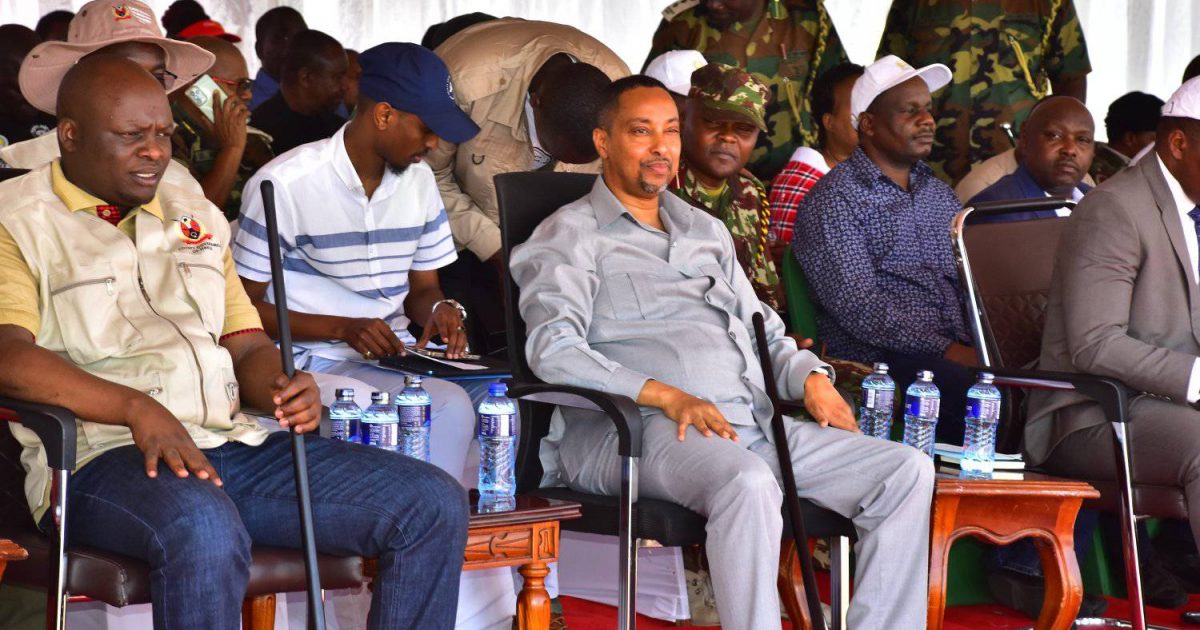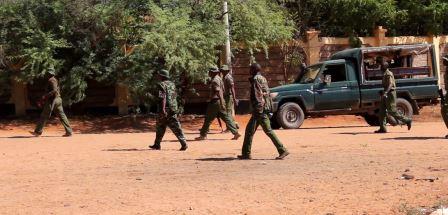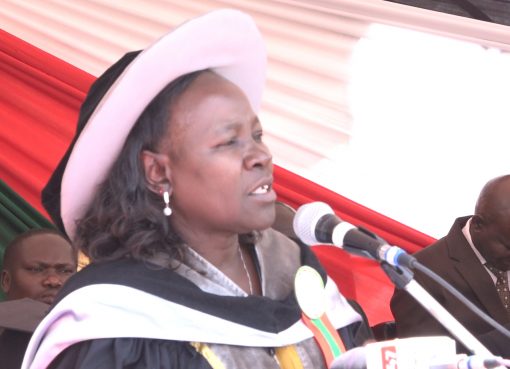The Mara River basin stakeholders have resolved to tighten their dedication to preserving the Mara ecosystem as it is the symbol of their shared natural heritage.
Speakers who spoke during the 13th Mara Day celebrations held at Sekenani area, Narok West Sub County, observed that the Mara River and its basin, flowing in both Kenya and Tanzania, are a vital resource for millions of people.
Principal Secretary, State Department for East African Community Abdi Dubat, who represented his Cabinet Secretary Beatrice Askul, said the Mara River basin is the home for millions of wild animals, including the renown wildebeest migration that has earned global recognition.
He underscored that the natural resource contributes to the tourism industries, providing vital ecosystem services, and enriches the culture of the people living within the basin.
“The river originates from the Mau escarpment and flows 395 kilometres, passing through the Maasai Mara National Reserve and Serengeti before draining into Lake Victoria,” said Dubat.
Despite the vital role that the basin plays, the PS highlighted climate change, human activities, and environmental degradation as the main threats to the precious resource.

“This reality highlights the urgent need for continued cooperation between Kenya and Tanzania. Our joint commitment to the sustainable management and conservation of the Mara basin is not only a duty but also a legacy we must protect for the future generation,” he continued.
Dubat reiterated the government of Kenya’s commitment to plant 15 billion trees in a decade, which is a significant step towards mitigating environmental degradation and enhancing the resilience of the ecosystem.
“By rejuvenating our forest and natural landscape, we are securing a sustainable future for our rivers, wildlife, and livelihood, which aligns with the Bottom-Up Economic Transformation Agenda,” he said.
The PS underscored the cooperation between the East African communities, reflecting the true spirit of the region where shared resources unite the people.
“Through joint initiatives, research collaboration, and shared policies, we can protect the integrity of the Mara River and its ecosystem for posterity. Let us reaffirm our commitment to this course,” he concluded.
East Africa Legislative Assembly (EALA) member of Parliament David Sankok said working together will ensure that the Mara River lifeline continues to nurture life and inspire future generations.
His sentiments were echoed by Lake Victoria Basin Executive Secretary Dr. Masinde Bwire, who called for continued collaboration between the three countries—Kenya, Tanzania, and Uganda—on environmental conservation.
Narok Deputy Governor Tamalinye Koech, who represented Governor Patrick Ntutu, reiterated the Mara basin ecosystem is a hub of tourism and needs to be preserved for posterity.
He lauded the stakeholders for accepting to work together to conserve the great ecosystem that is the home of the iconic wildebeest migration.
Others present during the event were Narok Governor’s wife Agnes Ntutu and Maasai Mara University Vice Chancellor Professor Peninah Aloo, among others.
Delegates who attended the event were drawn from Tanzania and Uganda countries, and Nakuru, Bomet, Kericho, and Kisumu counties.
The theme of this year’s celebrations is ‘flowing forward together, conserving the Mara basin for biodiversity and climate resilience’.
The Maasai Mara National Reserve is a major resource in the country as it is the home of millions of fauna and flora species and attracts millions of tourists every year. The reserve earns the county government of Narok over Sh3.5 billion as revenue annually.
By Ann Salaton





